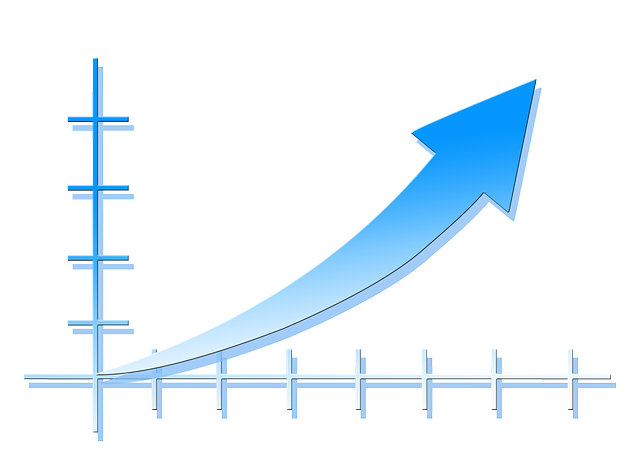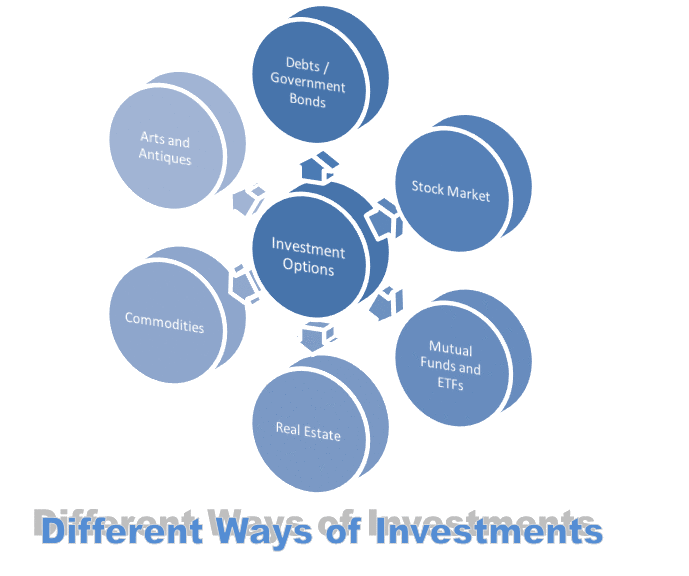Multiple Indian stock markets conduct daily transactions worth millions and billions of dollars. The NSE and BSE are the two most significant stock exchanges in India. At the end of the 19th century, the Bombay Stock Exchange (BSE) was founded. India is also involved in a variety of regional exchanges. Let us understand the roles of stock exchange in this topic in detail.
Look at the functions of stock exchange for additional in-depth material for your learning. The consolidation of the national economy and the expansion of the industrial sector depend on stock market activity. Such contacts are essential in developing economies such as India’s. They provide access to savings and safeguard them. This resource mobilisation contributes to enhanced capital formation.
Top 10 – Roles of Stock Exchange
The capital markets are a common entry point into the trading and investing sector. Millions of traders and investors participate in these markets daily. The stock exchange oversees every market transaction. To better comprehend the role of stock exchange in Indian financial markets, let’s analyses each of these functions in detail.
Acquisition Liquidity
As an investor, you must assess the investment’s liquidity. The liquidity of the market is provided by stock exchanges. Investors can sell securities and other assets traded on the capital markets at any time during trading hours.
Consequently, stock exchanges contribute to the maintenance of investment liquidity. The de-materialization of assets made Internet trading on stock exchanges possible, which revolutionize the trading process. The acquisition, sale, and transfer of an investor’s interest are simplified.
Fundraising
The first time a company sells its stock to the public is known as an initial public offering (IPO). Until it goes public, a company is considered private, with only a few investors participating.
By issuing additional shares or launching an initial public offering (IPO), companies can raise capital for operations and expansion (IPO). This facilitates the expansion of commercial activities.
Utilizing Financial Reserves
Individual and institutional investors are frequent visitors to the capital markets. All transactions on the financial market are subject to tight controls and limits designed to safeguard investors. This boosts the confidence of small investors and savers. Role of stock exchange facilitate the accumulation of capital by a multitude of capital market participants.
An Indicator of the National Economic Health
The stock exchanges of an economy are well-known. The most prominent role of stock exchange in a country is a good indicator of its economy. These stock markets help convey an economy’s progress and current standing on a national and international scale. For instance, foreign investors frequently visit the Bombay Stock Exchange (BSE) to analyze the health of our economy.
Enhanced Capital Formation
The capital markets receive deposits from savers and allocate those monies to enterprises. These sectors produce an assortment of beneficial goods and services. This is beneficial for national assets and the formation of capital. Customers might utilize stock markets to invest in the most lucrative places.
Investment Safety
The basic objective of a stock market is to persuade investors that their holdings are secure. Since the de-materialization act, all stock market trading has occurred online. The Securities and Exchange Board of India (SEBI) continuously monitors the exchanges for newly discovered vulnerabilities.
Numerous actions are routinely implemented to resolve the issue and safeguard investment assets. To preserve investor confidence, exchange authorities do all possible to prevent speculative behavior and investment risk.
Securities with Broad Market Availability
Historically, trading in the stock market required the physical transfer of securities. The only permitted site for all transactions was the office of the stock exchange. Rural investors are unaware of recent variations in currency prices.
With the advent of online trading, investors may now monitor price fluctuations and capitalize on capital market price movements. Modern stock markets fueled by information technology have made the securities more marketable.
Economic Effectiveness
Exchanges facilitate efficient capital allocation, a crucial aspect of economic effectiveness. People can invest their funds in the stock market as opposed to simply saving them. As a result, idle capital is put to work for the economy, hence enhancing economic output.
In addition to providing liquidity, exchanges facilitate the sale of assets. The stock exchange supports the efficiency of the market by providing liquidity and real-time pricing information on company shares. This is how the stock market follows the rules. Demand and Offer In competitive markets, according to the principles of supply and demand, the quantity supplied and the quantity desired by consumers are proportional.
Funding for Development
As previously said, stock markets serve a crucial function in connecting investors and channeling their funds to various firms. These industries typically participate in government development initiatives. Infrastructure firms, railroads, and telecommunications companies are examples. The stock market adds to the valuation of government securities on a regular basis.
Corporate Management
Companies listed on a stock exchange must conform to stringent reporting requirements. The acronym GAAP stands for Generally Accepted Accounting Principles. Regulatory authorities develop these rules and practices. This includes presenting shareholders with frequent updates on the financial statements and performance of the organization.
The public is always interested in a company’s management since their actions directly affect the company’s value. Public transparency ensures that management makes decisions that are in the best interests of the company and its shareholders, thereby enhancing productivity.
Conclusion
The economic services provided by stock exchanges to capital markets include investment liquidity, marketability, and value. You can enter the potentially lucrative world and roles of stock exchange and financial markets with a risk profile assessment. This will give you a sense of your tolerance for market risk. Keep in mind that it could be quite rewarding before proceeding.







